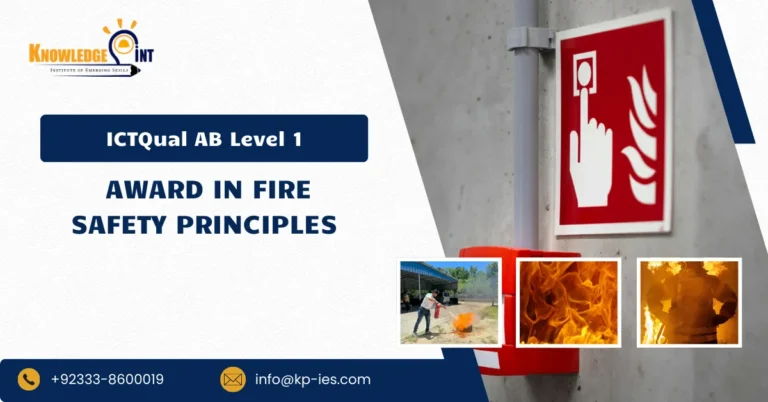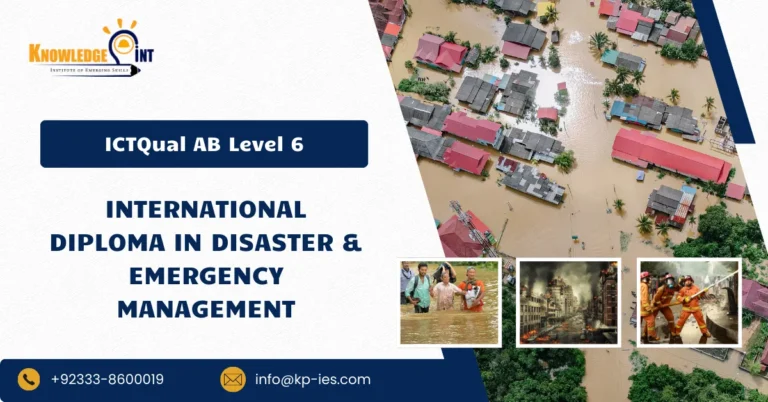ICTQual Level 4 Award
Infection Prevention Train the Trainer
Awarding Body
ICTQual AB
Duration
5 Days
Course Type
Train the Trainer
study mode
Online Learning
Course overview
The ICTQual Level 4 Award in Infection Prevention Train the Trainer is an advanced programme designed for professionals who want to deliver high-quality infection prevention training within organisations. In today’s world, effective infection prevention is critical to maintaining public health and safety. This course equips participants with the skills to design, deliver, and evaluate structured training programmes, covering essential topics such as hygiene protocols, infection control principles, risk assessment, and safe workplace practices. It is ideal for trainers in healthcare, educational, and professional settings who are committed to promoting safe environments.
The programme combines theoretical learning with practical, hands-on activities to ensure real-world application. Participants engage in workshops, demonstrations, role-plays, and presentation exercises to strengthen their facilitation and instructional skills. Core areas include session planning, adult learning principles, coaching techniques, assessment methods, and evaluating training effectiveness. Emphasis is placed on creating engaging learning experiences, empowering learners with practical knowledge, and fostering compliance with infection prevention standards across diverse workplace environments.
Ideal for healthcare professionals, infection control officers, HR staff, and aspiring corporate trainers, this Level 4 award prepares graduates to lead infection prevention training initiatives confidently. Participants gain the expertise to mentor staff, improve organisational hygiene practices, enhance public health awareness, and ensure compliance with infection prevention protocols, making a measurable impact on workplace safety and community wellbeing.

Approved Training centre of ICTQual AB
Centre # : ATC24001

Entry Requirments
Entry Requirements for the ICTQual Level 4 Award in Infection Prevention Train the Trainer:
- Educational Qualifications:A minimum of a Level 3 qualification (or equivalent) in Health & Safety, Infection Control, Healthcare, or a related field is recommended.
- Professional Experience:Relevant experience in infection prevention, healthcare, workplace safety, or training delivery is preferred, especially for those responsible for mentoring or educating staff.
- English Language Proficiency:Learners must have a sufficient standard of spoken and written English to understand course materials, participate in discussions, deliver training sessions, and complete assessments effectively.
Course structure
The ICTQual Level 4 Award in Infection Prevention Train the Trainer consists of 7 mandatory units which are as follows.




